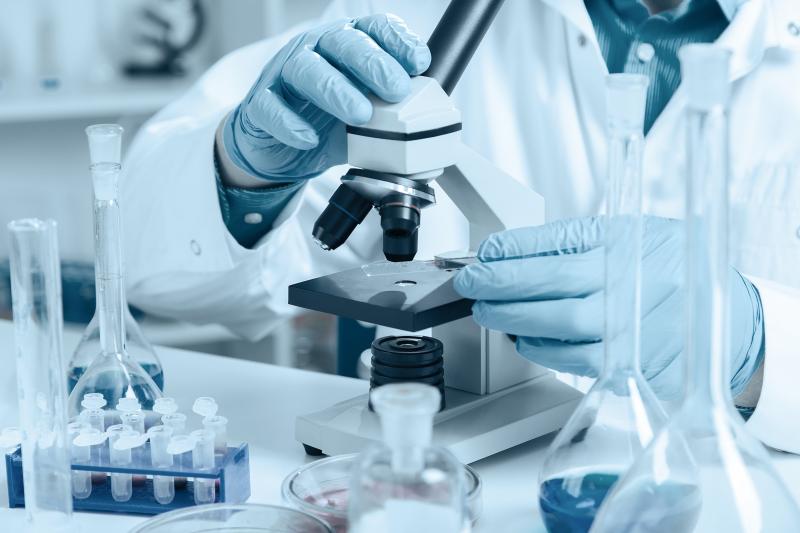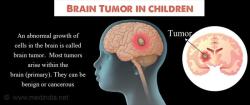What is microbiology for Health Science?
Microbiology for Health Science refers to the application of microbiological principles and knowledge to the field of health and medicine. Microbiology is the study of microorganisms, which include bacteria, viruses, fungi, and parasites. In the context of health science, microbiology plays a crucial role in understanding the interactions between microorganisms and the human body, as well as in the diagnosis, treatment, and prevention of infectious diseases.
Here are some key aspects of microbiology for health science:
Infectious Diseases:
- Microbiology is fundamental to the study of infectious diseases. Health professionals, including doctors, nurses, and laboratory scientists, use microbiological techniques to identify and characterize pathogens responsible for infections.
Pathogenic Microorganisms:
- Microbiology helps identify and study pathogenic microorganisms (microbes that cause disease). Understanding the characteristics, life cycles, and mechanisms of these microbes is essential for developing strategies to prevent and treat infections.
Immunology:
- Immunology, a branch of microbiology, focuses on the study of the immune system and its response to infections. Microbiological knowledge is vital for understanding how the immune system recognizes and defends against various pathogens.
Antimicrobial Agents:
- Microbiology is involved in the study of antimicrobial agents, including antibiotics and antiviral drugs. Knowledge of microbiology helps in developing and prescribing effective treatments for bacterial, viral, and fungal infections.
Vaccines and Immunization:
- Microbiology plays a central role in the development and production of vaccines. Understanding the microbiology of specific pathogens is essential for designing vaccines that stimulate an immune response and provide protection against infections.
Epidemiology:
- Microbiology contributes to the field of epidemiology, which involves the study of the distribution and determinants of diseases in populations. Microbial surveillance and tracking are crucial for understanding disease patterns and implementing public health interventions.
Diagnostic Microbiology:
- Microbiological techniques are widely used in diagnostic laboratories for identifying pathogens in clinical samples. This includes culturing microorganisms, performing molecular tests, and using advanced technologies for accurate diagnosis.
Public Health and Infection Control:
- Microbiology is essential in public health efforts and infection control strategies. It helps in monitoring and preventing the spread of infectious diseases within communities and healthcare settings.
Research and Development:
- Ongoing microbiological research contributes to advancements in medical science. This includes the discovery of new pathogens, understanding drug resistance, and developing innovative treatments and diagnostic tools.
One Health Approach:
- The One Health approach recognizes the interconnectedness of human health, animal health, and environmental health. Microbiology for health science aligns with this approach by considering the impact of microorganisms on various ecosystems and their potential to cause zoonotic diseases.
Overall, microbiology is a foundational discipline that provides critical insights into the nature of infectious diseases, the human immune response, and strategies for disease prevention and control within the broader context of health science. It is an integral part of medical and health-related education and practice.
Microbiology and Health Sciences: A Close Relationship
Microbiology is a fundamental science that plays a crucial role in various aspects of health and disease. It studies microorganisms, including bacteria, viruses, fungi, and parasites, and their interactions with humans and other living organisms. This knowledge is essential for understanding and preventing infectious diseases, developing diagnostic tools and treatments, and promoting public health.
Here are some key ways microbiology relates to the health sciences:
1. Understanding Disease Processes:
- Microbiology helps us identify and understand the specific microorganisms that cause various diseases.
- It allows us to study their mechanisms of infection, pathogenicity, and virulence factors.
- Understanding these processes is crucial for developing effective strategies to prevent and treat infectious diseases.
2. Developing Diagnostic Tools:
- Microbiology plays a vital role in developing and utilizing diagnostic tests to identify infectious agents in the body.
- Techniques like culturing, microscopy, immunological assays, and molecular diagnostics are used to detect and identify microorganisms quickly and accurately.
- This allows for early diagnosis and prompt initiation of appropriate treatment, improving patient outcomes.
3. Creating Effective Treatments:
- Knowledge of microbial physiology and genetics helps scientists develop and design new drugs and antibiotics to target specific pathogens.
- Antimicrobial resistance is a growing concern, and microbiology research is crucial for developing new strategies to combat it.
- Additionally, the field contributes to the development of vaccines, immunotherapies, and other innovative treatment approaches for infectious diseases.
4. Promoting Public Health:
- Microbiology plays a vital role in public health initiatives aimed at preventing the spread of infectious diseases.
- It contributes to surveillance, outbreak investigations, and implementation of effective control measures like sanitation, hygiene practices, and vaccination programs.
- Understanding the transmission routes of different pathogens helps develop effective public health policies and interventions.
5. Personalized Medicine:
- Advances in microbiology are paving the way for personalized medicine approaches to treating infectious diseases.
- By studying the individual's microbiome and understanding the unique interactions between microbial communities and the host's immune system, personalized treatment plans can be developed.
- This can lead to more effective and targeted therapies with fewer side effects.
Practical Applications:
- Microbiological analysis of blood, urine, stool, and other samples helps diagnose infections like bacterial pneumonia, urinary tract infections, and parasitic infections.
- Food microbiology ensures safe food production and storage by identifying and controlling foodborne pathogens like Salmonella and E. coli.
- Environmental microbiology helps assess water quality, detect environmental contamination, and address issues like bioremediation and waste management.
- Microbiological research is also contributing to advancements in biotechnology, gene therapy, and the development of new medical devices and diagnostics.
Overall, microbiology is a cornerstone of health sciences, providing essential knowledge and tools for understanding, preventing, and treating infectious diseases. Its contributions are crucial for promoting public health, improving patient care, and advancing medical progress.













